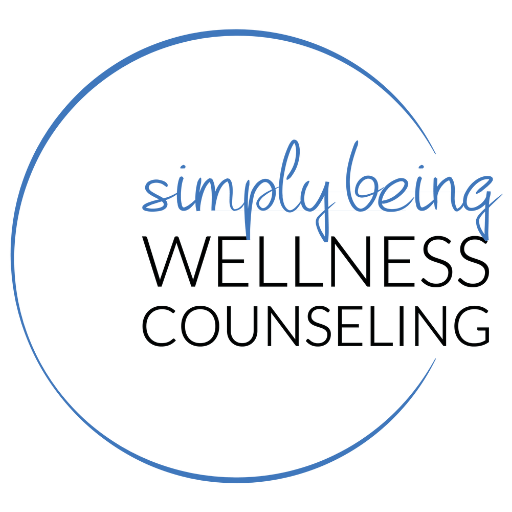Three Reasons Why Helping Professionals Seek Therapy
Helping professionals are people who serve their community by providing support or education in their professional work. They are therapists, nurses, teachers, doctors, attorneys, police officers, EMS, firemen and women, and healers. Their work is to assist others which often comes with exposure to potentially traumatic events, long work hours, and feeling helpless. Helpers may neglect their needs in order to continue providing support to others. The constant pouring out can result in burnout, depression, anxiety, physical sickness, or a host of other ailments. Oftentimes, helpers don't seek help until their symptoms become too overwhelming.
Therapy can be a helpful support. Here are three reasons why a helping professional may seek therapy:
1. Their loved ones have a limited understanding of their work and may give unhelpful feedback.
2. They have noticed they don't have the motivation to show up for work anymore and they are getting sick more often.
3. They have less empathy for those they are helping and feel as if they are going through the motions.
Helpers are usually so concerned with the welfare of those they are helping that they neglect to make time to nurture their well-being.
Therapy can assist helpers by:
helping them process any traumas they have been exposed to
identifying burnout or compassion fatigue symptoms
developing a self-care plan
improving communication with their support systems
finding purpose in their work
treating depression or anxiety
I encourage helpers to begin by reflecting on their daily lives and asking the following questions: Do you feel fulfilled in your work? Are you being purposeful? Have you taken time for self-care today? Are there any areas you can pivot in your current profession?
A good place to start is by completing a self-care assessment like this one, A Guided Self-Care Assessment for Helping Professionals from GoodTherapy.org
If you have any questions about therapy for helping professionals or are interested in treatment, you can contact us via email at info@simplybeingcounseling.com.

